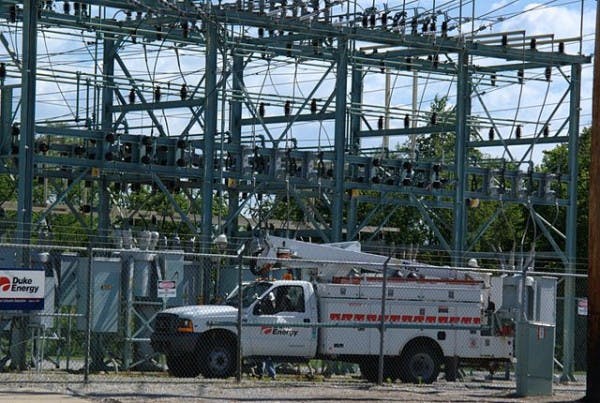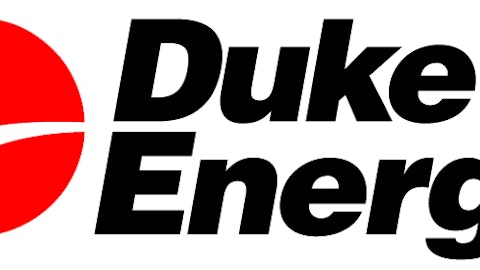Chief executives are born leaders. But when private sector heads become soapbox pundits, it can drastically affect their business. Overstepped boundaries can cause public outcry, consumer backlash, or — at times, overwhelming support. Let’s look at an emerging hot topic and two historic examples to see what separates corporate gaffes from corporate gold.

“Mountains of debt”
In case you haven’t heard, the U.S. government has a lot of debt. Tax hikes and spending cuts have sparked economic and political controversies nationwide, and hundreds of executives are offering their own opinion.
On Monday, Duke Energy Corp (NYSE:DUK) CEO Jim Rogers issued a statement outlining his argument for Congress to cut debt. In a 500-word letter released via Duke Energy Corp (NYSE:DUK)’s Investor News website, the CEO urged citizens to push Washington’s prioritization of the national debt. Although Rogers touched on some specifics, the larger voice behind his letter came from the announcement that he’s one of the latest CEOs to join the Campaign to Fix the Debt.
The 350,000-strong “non-partisan movement to put America on a better fiscal and economic path” includes over 170 executives organized as a “CEO Fiscal Leadership Council.” The list (link opens PDF file) contains dozens of corporate superstars, including Microsoft Corporation (NASDAQ:MSFT)‘s Steve Ballmer, General Electric Company (NYSE:GE)‘s Jeffrey Immelt, and JPMorgan Chase & Co. (NYSE:JPM)‘s Jamie Dimon.
What’s your job description?
Whether or not our national debt needs fixing isn’t relevant to the question at hand: Should business leaders partake in political debate? The links connecting government to corporations are undeniable, and each entity directly and indirectly affects the other.
My answer to this question: It depends. Let’s take a look at two prominent CEOs’ political polemics to see what separates gaffe from gold.
Papa’s got a brand new bag
Papa John’s Int’l, Inc. (NASDAQ:PZZA) founder and CEO John Schnatter is no fan of Obamacare. After the Affordable Care Act was first proposed, Schnatter told shareholders he expected the new legislation to cost his company around $5 million to $8 million a year, costing the company $0.11 to $0.14 more per pizza.. To cover costs, Papa John’s Int’l, Inc. (NASDAQ:PZZA)’s proffered two options: (a) raise pizza prices and (b) cut employee hours to disqualify them from company coverage.
Supporters and naysayers flooded the Internet, airwaves, and Investor Relations office with their own two cents. Speaking to Naples News, Schnatter reflected that he “got in a bunch of trouble” for his double-edged dialogue.
Although I commend him for drawing a direct link to his business that consumers can understand, this connection is also his argument’s greatest flaw. $0.11 to $0.14 per pizza? That’s quite a calculation, and seems to micromanage Obamacare’s effects.

